Humans
Sign up for our newsletter
We summarize the week's scientific breakthroughs every Thursday.
-
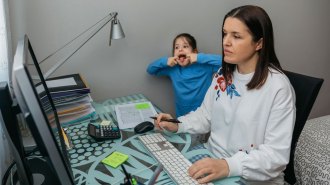 Science & Society
Science & SocietyParents in Western countries report the highest levels of burnout
The first survey comparing parental exhaustion across 42 countries links it to a culture of self-reliance.
By Sujata Gupta -
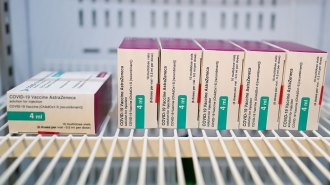 Health & Medicine
Health & MedicineAstraZeneca’s COVID-19 vaccine holds up in an updated analysis of trial data
The redo dropped the overall efficacy of AstraZeneca’s vaccine from 79 percent to 76 percent. But a slight fluctuation is not unexpected, experts say.
-
 Anthropology
AnthropologyHow using sheepskin for legal papers may have prevented fraud
Removing fat is key to turning animal skin into parchment. With sheepskin, the process creates a writing surface easily marred by scratched-out words.
-
 Animals
AnimalsDim lighting may raise the risk of a West Nile virus exposure
Dimly lit nights increased risk of West Nile virus exposure in chickens. Artificial light proved a better predictor of risk than population or paving.
-
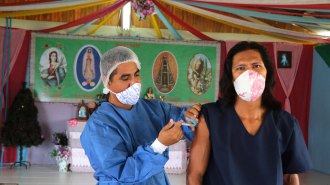 Health & Medicine
Health & MedicineHere’s what makes 4 promising COVID-19 vaccines unique — and potentially useful
More vaccines still in the works are exploring a variety of approaches, including pills and electrical zaps.
-
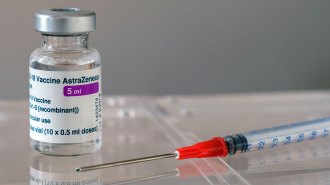 Health & Medicine
Health & MedicineAstraZeneca says its COVID-19 vaccine is 79 percent effective in a U.S. trial
The shot was 80 percent effective at preventing illness in people 65 and older and prevented severe disease and hospitalization.
-
 Health & Medicine
Health & MedicineNew drugs that block a brain chemical are game changers for some migraine sufferers
Drugs that block a brain chemical called CGRP are helping some patients who suffer from migraine pain.
-
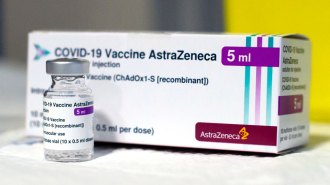 Health & Medicine
Health & MedicineAstraZeneca’s COVID-19 vaccine isn’t tied to blood clots, experts say
Multiple countries suspended use of AstraZeneca’s COVID-19 vaccine because of concerns about blood clots, but health authorities say the shot is safe.
-
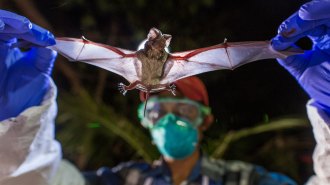 Health & Medicine
Health & MedicineWe still don’t know for sure where the coronavirus came from. Here’s why
A year into the pandemic, we know the virus probably came from bats, but how and why it leaped to humans are still unknown.
-
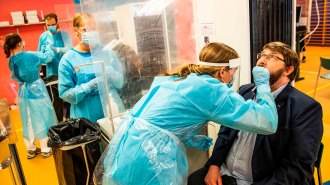 Health & Medicine
Health & MedicineCoronavirus reinfections appear rare, especially in people younger than 65
Previous infections provide 80 percent protection in younger people and 47 percent in those over 65. Vaccines might help boost immunity further.
-
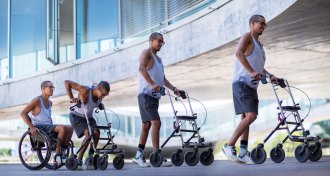 Health & Medicine
Health & Medicine50 years ago, researchers treated chronic pain with electricity
In 1971, doctors eased chronic pain by sending electrical impulses to the spinal cord. Fifty years later, improved techniques help paralyzed people walk.
-
 Health & Medicine
Health & MedicineA deadly fungus behind hospital outbreaks was found in nature for the first time
Learning where the fungus Candida auris thrives in nature could help reveal why this yeast is dangerous to humans.